The best Baldur's Gate 3 weapons and how weapons work
From swords to axes to bows, the best BG3 weapons pack a hefty punch
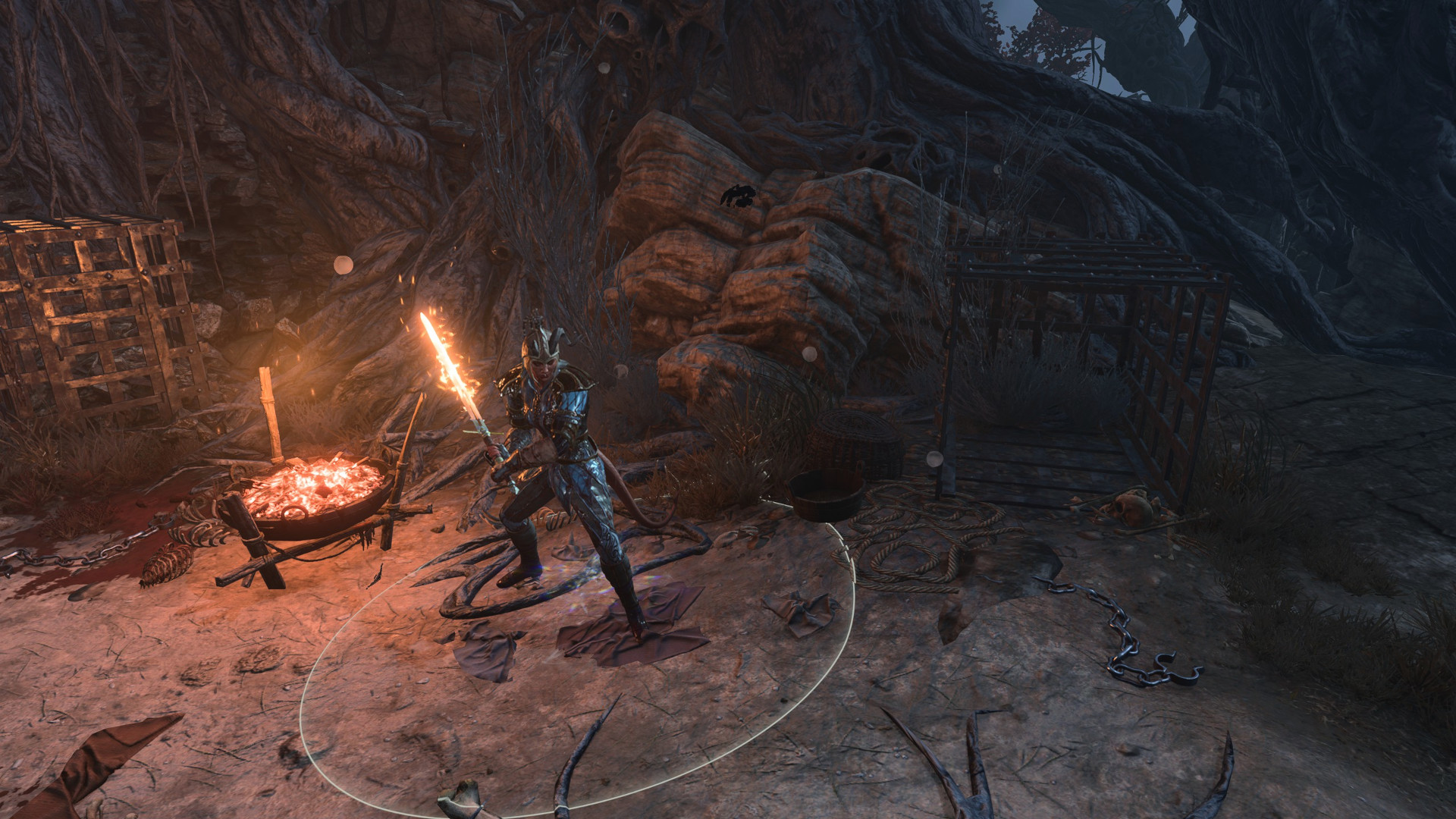
Do you want to find the very best Baldur’s Gate 3 weapons? Of course you do – having the right combination of weapons and equipment can turn tough fights into easy ones. There are many different weapons scattered across the three acts of Baldur's Gate 3, and in this list, we’re going to show you what they are and where to find them. We’ll also take a dive into how weapons in BG3 work, giving you an advantage against whatever threat you’re facing, every step of the way!
Baldur's Gate 3 best weapons in Act 1
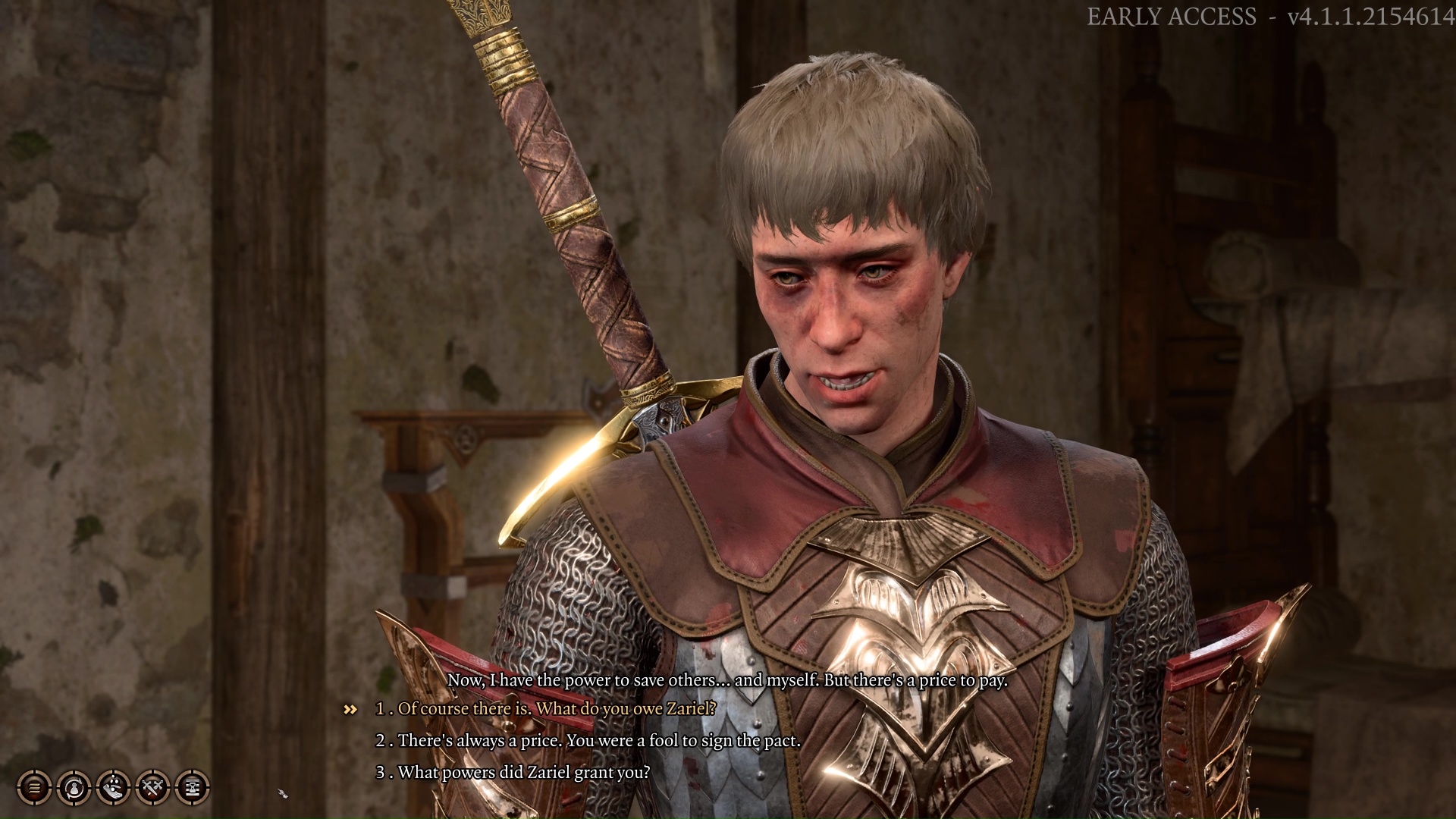
These magical weapons are the best BG3 has to offer in Act 1:
- Sword of Justice (+1 Greatsword that allows you to give +2 AC to an ally as a Bonus Action). Owned by Anders, who you meet as part of the Baldur's Gate 3 Karlach questline.
- Joltshooter (+2 Longbow that grants the user 2 Lightning Charges per hit landed). Quest reward for the "Rescue the Grand Duke" quest in the Risen Road.
- Adamantine Longsword (Longsword that gives -1 to attack rolls for 2 rounds on every enemy it hits). Made in the Adamantine Forge in Grymforge from Mithral Ore and the Longsword Mould.
- Pale Oak (Quarterstaff that grants immunity to Druid vines and allows you to summon your own). Found as part of the "Investigate Kagha" quest that starts when you read a letter found in her private chest.
- Sickle of Boooal (Sickle that does 2D4 damage instead of 1D4, and grants advantage to hit bleeding targets). Dropped or bought from Pooldripp the Zealous in the Festering Cove in the Underdark.
- Halberd of Vigilance (Halberd that deals 1d10+2 damage and a +1 advantage on perception ability checks)
- Sword of Screams (Rapier that deals 1-4 psychic damage on top of 1D8 piercing damage.)
- The Blood of Lathander (Legendary Mace that can also blast enemies with radiant damage, blind them, and allows you to survive a fatal hit once per long rest). Found in the Rosymorn Monastery.
- Doom Hammer (Maul that inflicts Bone Chilled on every enemy hit, preventing them from regaining hit points for two turns).
Baldur's Gate 3 best weapons in Act 2
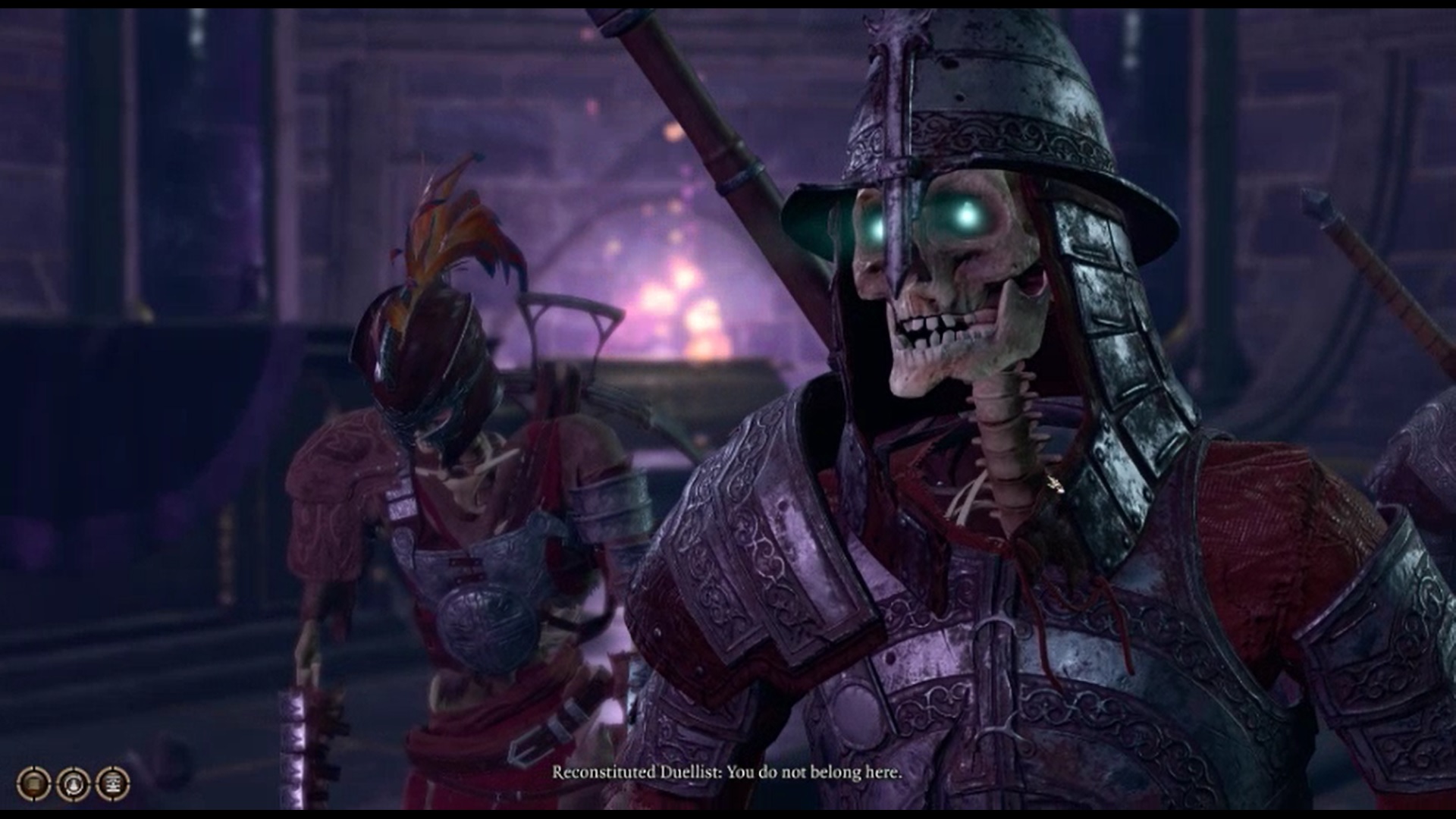
Once you reach the BG3 Last Light Inn in Act 2, you'll be able to pick up these impressive melee weapons:
- Infernal Rapier (+1 spell save DC rapier that does 1d8 +2 piercing damage. Given to you as a reward for freeing Mizora from her pod in the Mind Flayer Colony beneath Moonrise Towers)
- Moonlight Glaive (1d10 +2 slashing, 1d4 radiant damage per hit; gift from Dame Aylin after freeing her in the Shawdowfell)
- Ketheric's Warhammer (1d8 +1 bludgeoning damage, 1d4 psychic per hit; can be used single or double-handed)
Baldur's Gate 3 best weapons in Act 3
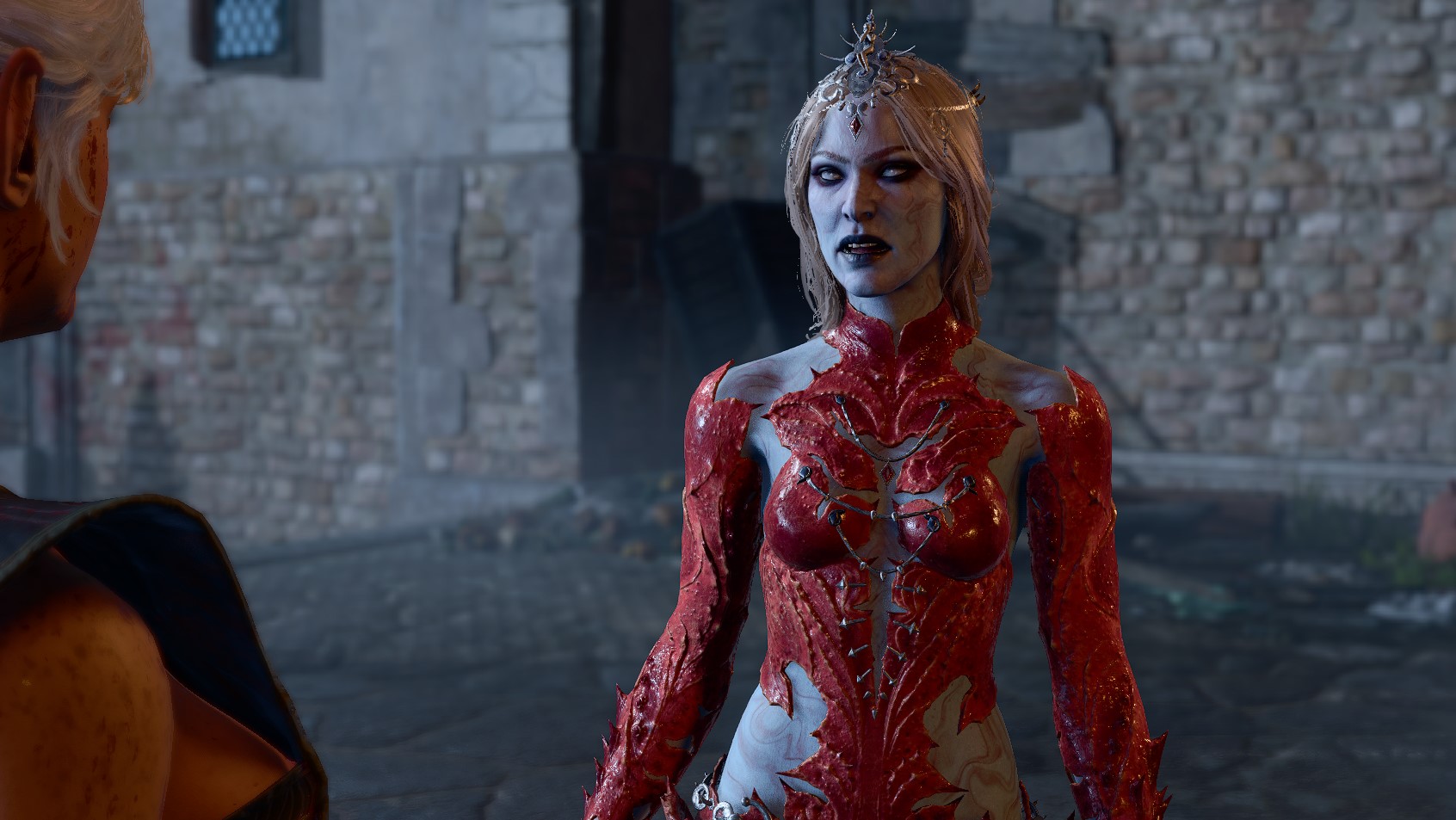
The best weapons in BG3's Act 3 can be looted from slain enemies, with several of them found during your Baldur's Gate 3 companion questlines.
- Foebreaker (2d6+2 bludgeoning damage, found in the Vault of Karsus in Sorcerous Sundries during Gale's companion quest)
- Silver Sword of the Astral Plane (2d6+3 slashing, 1d6 psychic damage; gift from Kith'rak Voss for retrieving the Orphic Hammer from Raphael's House of Hope)
- Woe (1d6+2, comes with Arcane Vampirism to regain health when enemies fail a spell save DC; looted from Cazador in Astarion's questline)
- Handmaiden's Mace (1d6+2 bludgeoning, 1d6 poison damage; increases your Strength stat to 18 while using; looted from Viconia in the House of Grief in Shadowheart's questline)
What weapons can I use?
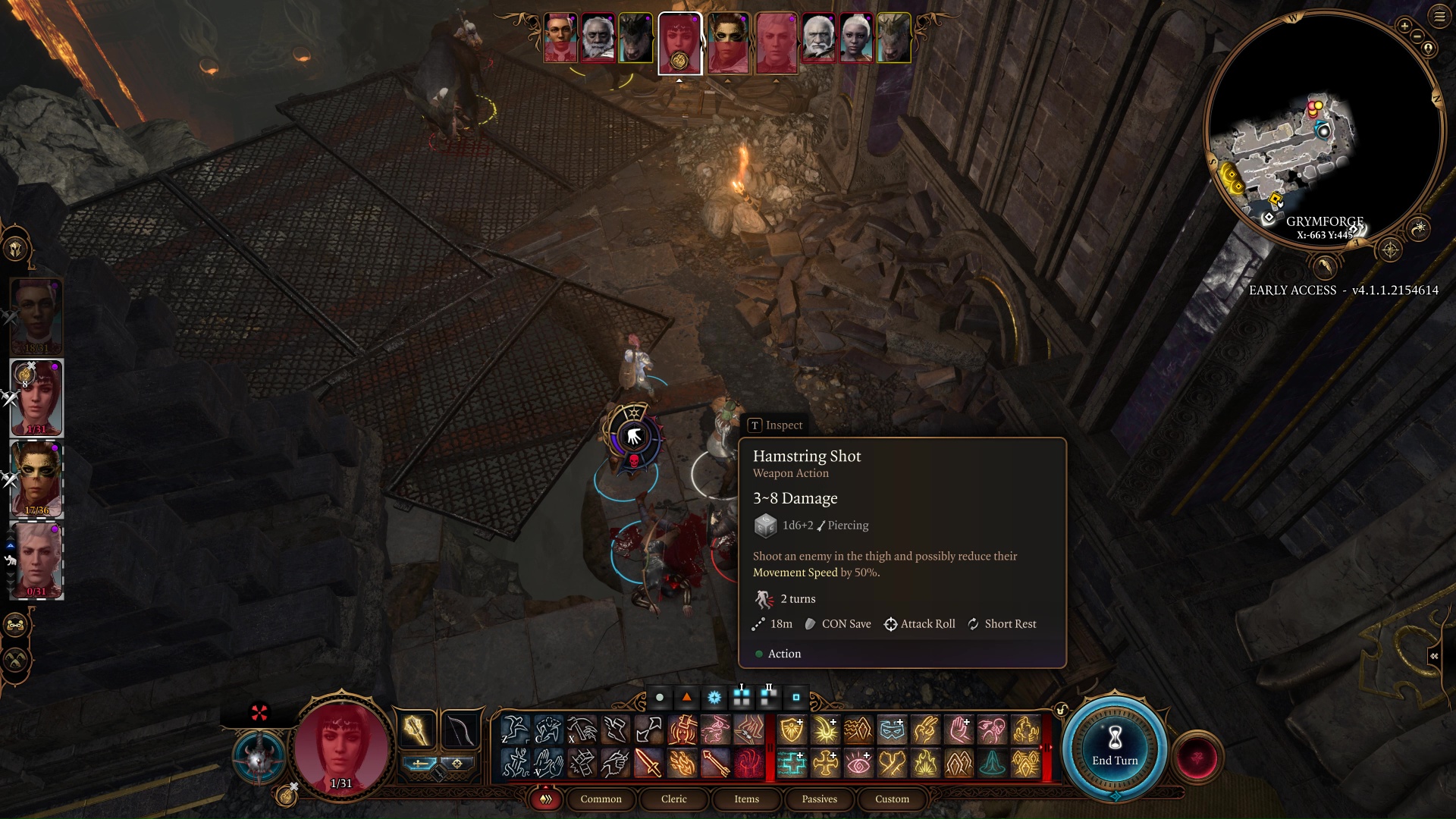
All characters in Baldur's Gate 3 can use all weapons, but if they're not trained in proficiency with them, they won't get their proficiency bonus on rolls to hit, as outlined in our guide on Baldur's Gate 3 skills and proficiency. They also won't be able to use certain skills tied to that weapon - so while you can technically swing it around, you really won't be getting the most out of it. Better to stick with gear you're trained to use.
What weapons am I proficient with?
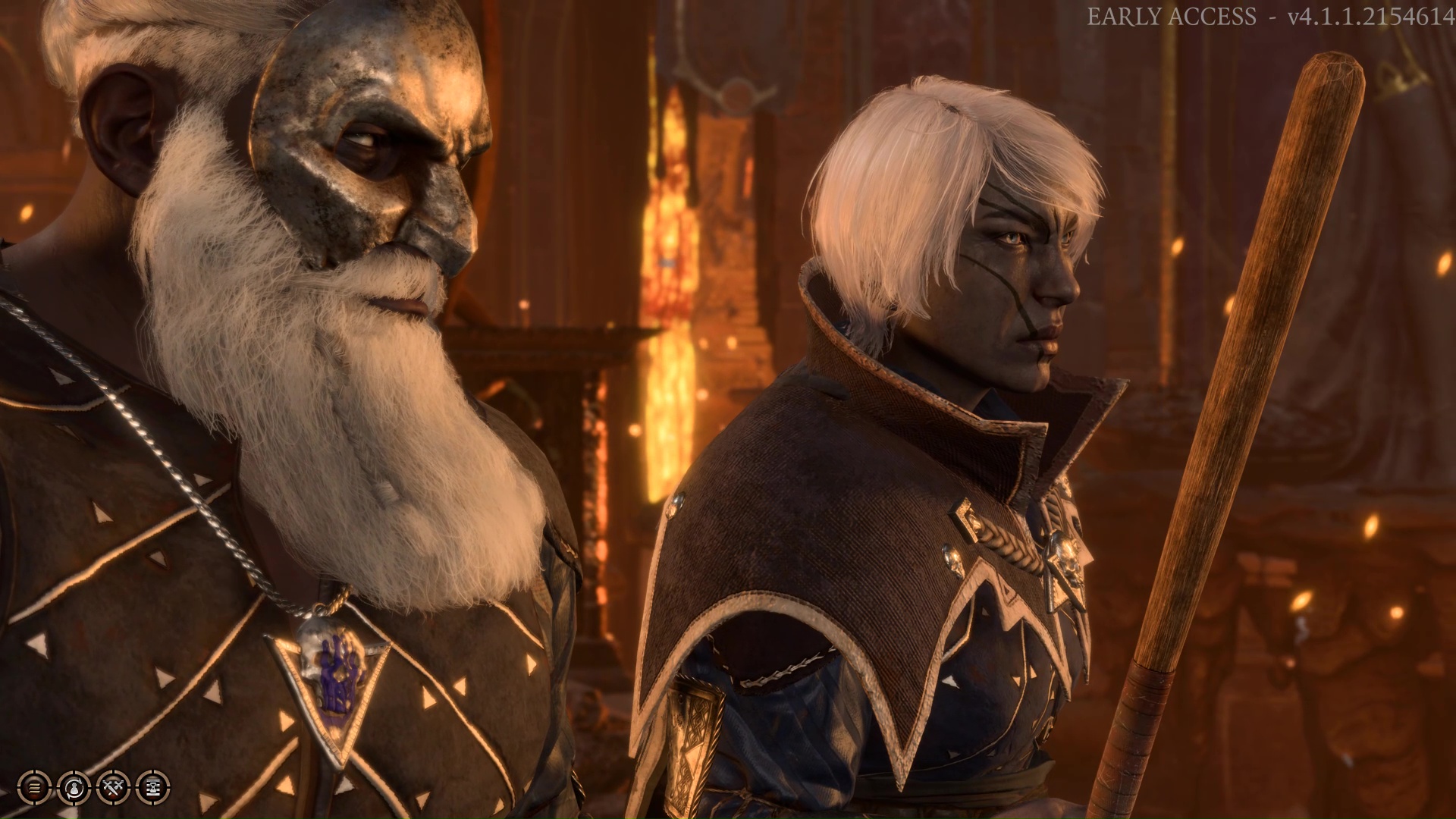
The vast majority of weapons you're proficient with will be decided by your Baldur's Gate 3 class, but there are other ways to become proficient. For example, Dwarves are automatically given proficiency in certain weapons like hammers and axes in character creation, while certain subclasses also can grant proficiencies later on.
There is no benefit to getting "proficient" in a weapon more than once - for example, a Dwarf Fighter is given proficiency in Battleaxes twice, from both their Race and Class, but they get no benefits over an Elf or Human Fighter. Proficiency is a binary thing - you have it or you don't. You can't be proficient twice.
You can check what weapons you're proficient with by opening your inventory in-game and selecting the weapon icon on the left, which will tell you what weapons that character can use to their utmost.
Simple and martial weapons explained
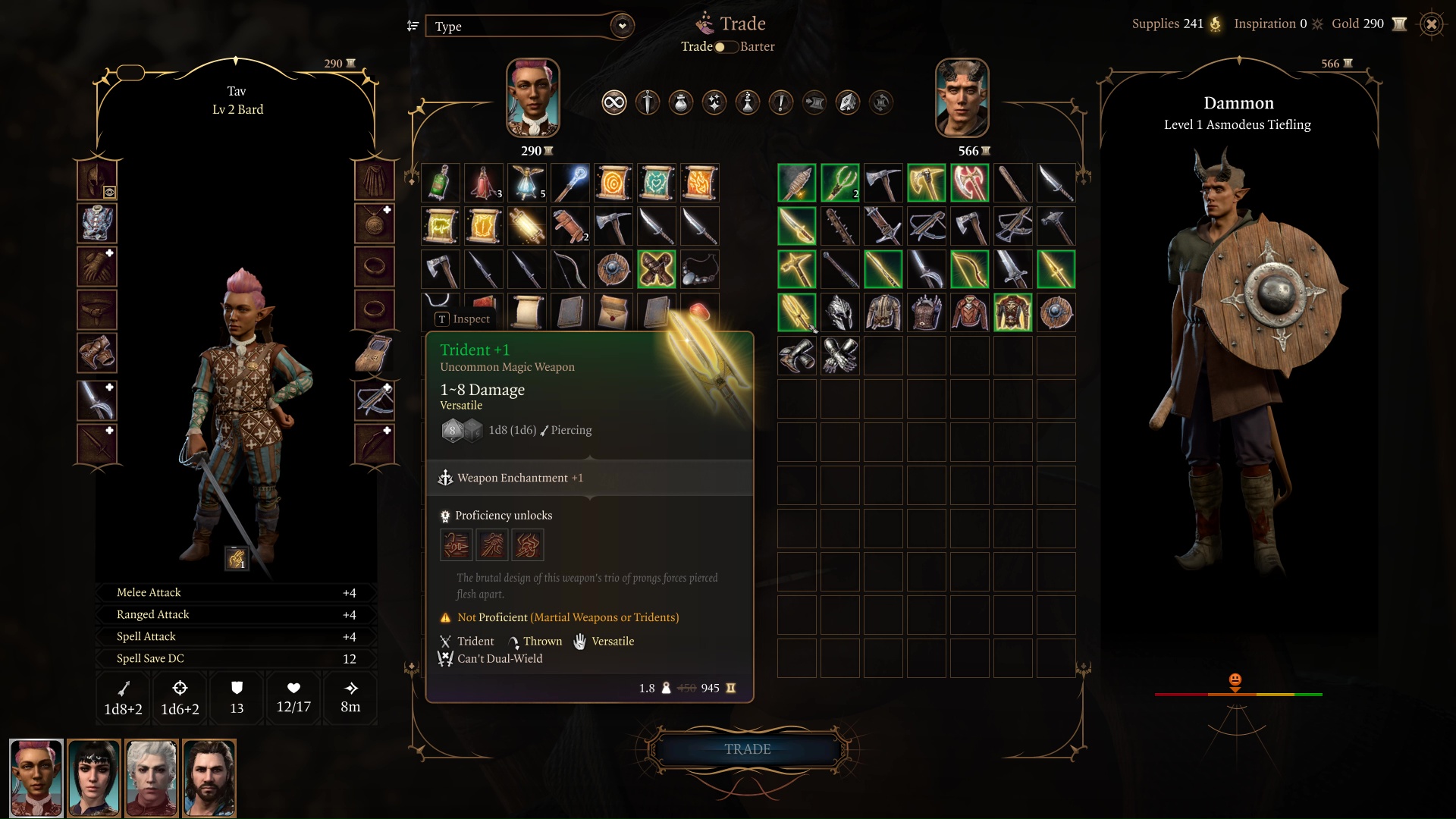
All weapons in Baldur's Gate 3 fall into two categories - simple weapons and martial weapons. There's actually no significant difference between the two except that martial weapons tend to be a bit better. They're broken up into those two categories as an easy way to split them up - classes that don't really focus on melee combat tend to only be proficient with simple weapons and maybe a few extras, while appropriately-named "martial classes" like the Fighter and Paladin can use both simple and martial weapons. They're broken up as follows:
- Simple weapons
- Clubs
- Daggers
- Darts
- Greatclubs
- Handaxes
- Javelins
- Light Crossbows
- Light Hammers
- Maces
- Quarterstaffs
- Shortbows
- Sickles
- Spears
- Martial Weapons
- Battleaxes
- Glaives
- Greataxes
- Greatswords
- Halberds
- Hand Crossbows
- Heavy Crossbows
- Longbows
- Longswords
- Mauls
- Morningstars
- Pikes
- Rapiers
- Scimitars
- Shortswords
- Slings
- Tridents
- Warhammers
- War Picks
All Weapon properties explained
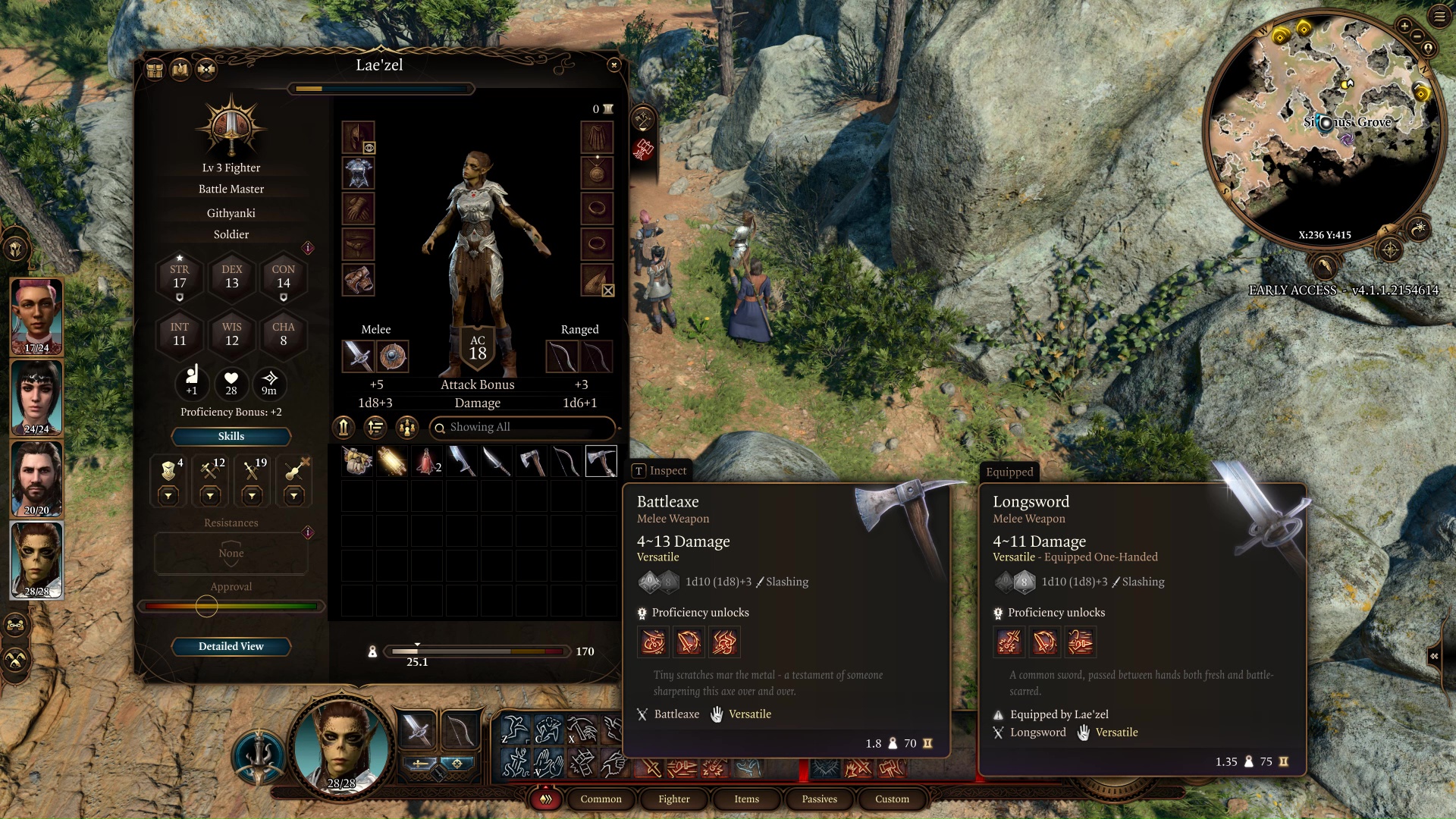
Every weapon in Baldur's Gate 3 has at least one or more weapon properties listed at the bottom of its description, which affect how it's used and how it works in combat. Here's what they all are:
- Can't Dual Wield. Can't be used with another weapon in the opposite hand.
- Extra Reach. Can hit enemies at greater range than other melee weapons.
- Finesse. Bonus damage is derived from Dexterity instead of Strength, if your Dexterity is higher.
- Heavy. Disadvantage on attacks when wielded by one of the smaller Baldur's Gate 3 races (Halflings or Gnomes).
- Light. Can be used to dual wield in Baldur's Gate 3, as long as both weapons are light.
- Loading. Can only be fired once per round, even if the character can make multiple attacks. Usually associated with Crossbows.
- Thrown. Melee weapon also designed to be thrown for the same damage.
- Two-Handed. Can only be used in two hands, not one.
- Versatile. Can be used in either one or two hands, but does more damage when held in two.
© GamesRadar+. Not to be reproduced without permission
Sign up to the GamesRadar+ Newsletter
Weekly digests, tales from the communities you love, and more

Joel Franey is a writer, journalist, podcaster and raconteur with a Masters from Sussex University, none of which has actually equipped him for anything in real life. As a result he chooses to spend most of his time playing video games, reading old books and ingesting chemically-risky levels of caffeine. He is a firm believer that the vast majority of games would be improved by adding a grappling hook, and if they already have one, they should probably add another just to be safe. You can find old work of his at USgamer, Gfinity, Eurogamer and more besides.
- Joe ChiversContributor
- Jasmine Gould-WilsonStaff Writer, GamesRadar+


